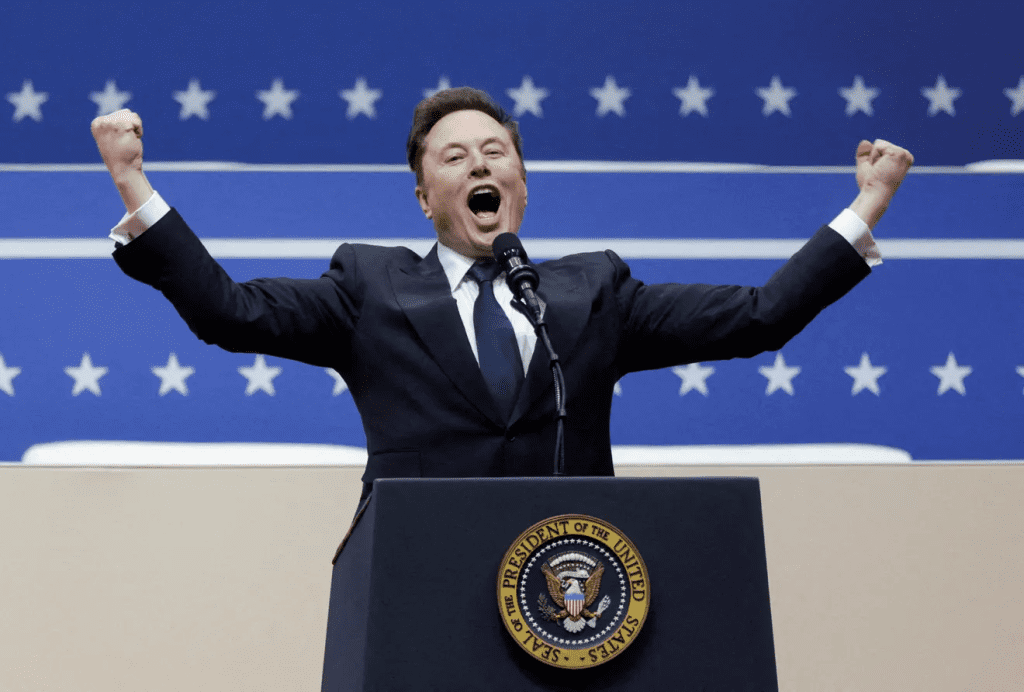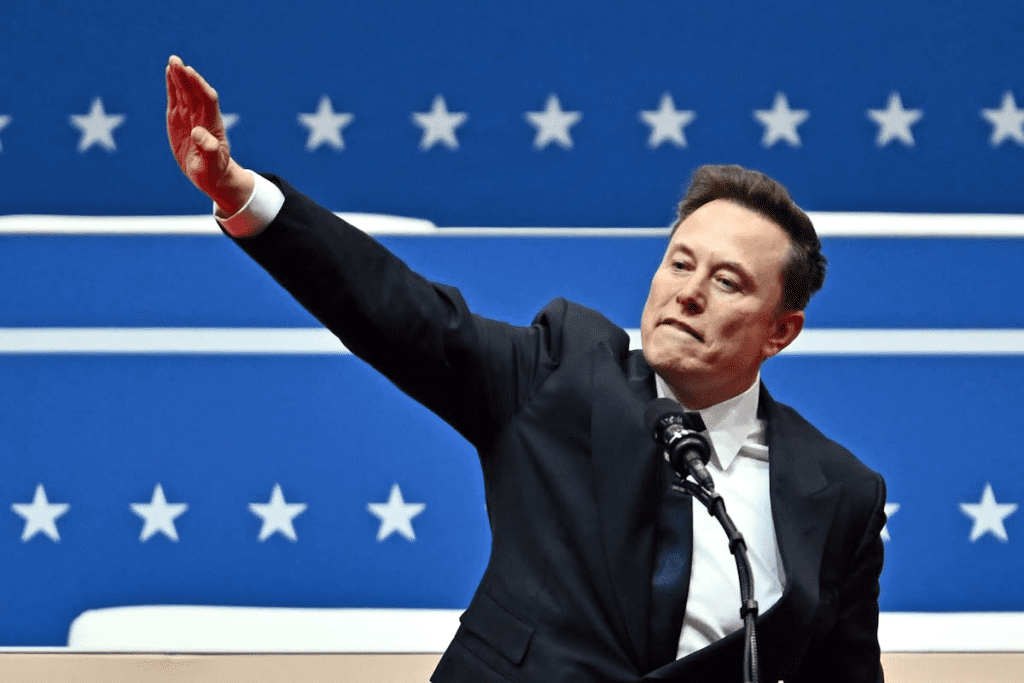In a move that has sparked widespread debate, Elon Musk has officially joined Donald Trump’s administration as a special government employee, solidifying his role in shaping federal policy. The billionaire entrepreneur, known for leading Tesla, SpaceX, and X (formerly Twitter), now holds an official position in Trump’s government—raising questions about his growing influence over U.S. policy and governance.
Musk’s appointment comes amid controversy, particularly after he announced plans to dismantle the U.S. Agency for International Development (USAID). Critics argue that his increased involvement signals an unprecedented corporate-government entanglement, while supporters claim his disruptive mindset is exactly what Washington needs.

Elon Musk’s New Role in Trump’s Government
The White House confirmed that Trump granted Musk the status of a “special government employee.” This designation allows Musk to work for the federal government without compensation for up to 130 days in a year, all while avoiding the legal requirement to publicly disclose his finances.
White House Press Secretary Karoline Leavitt addressed the appointment, emphasizing that Musk “abided by all applicable federal laws.” However, questions remain regarding his security clearance status and whether he underwent a background check before assuming his role.
The move officially ties Musk to the Trump administration’s broader goal of government downsizing. However, critics argue that giving one of the world’s wealthiest individuals a formal role in shaping U.S. policy without strict oversight raises ethical and legal concerns.
Trump and Musk’s Collaboration: Reshaping Government Efficiency
Musk’s involvement in Trump’s administration is not entirely new. Earlier, Trump appointed him as the head of the Department of Government Efficiency, a role designed to streamline bureaucracy and cut government spending. However, Musk was previously working in an advisory capacity, without an official government designation.
Now, with his special government employee status, Musk has direct influence over federal decision-making. His first major move? Dismantling USAID, a government agency responsible for foreign aid and humanitarian efforts worldwide.
The USAID Shutdown Controversy
Musk made headlines when he announced on X (formerly Twitter) that USAID would be shuttered under his leadership. The decision was met with swift backlash, with critics arguing that it endangers global humanitarian programs and weakens America’s diplomatic influence.

Senator Marco Rubio, who was abruptly put in charge of USAID, is reportedly overseeing the agency’s temporary operations as the administration determines its next steps.
The White House, meanwhile, has defended Musk’s actions. Trump publicly stated that while he doesn’t always agree with Musk’s methods, he supports the billionaire’s push for government downsizing.
“Elon can’t do and won’t do anything without our approval,” Trump reassured reporters. “But he feels very strongly about this, and I’m impressed because he’s running, obviously, a big company.”
Despite Trump’s support, the decision has divided lawmakers and experts, with some fearing that Musk’s corporate influence is seeping too far into government affairs.
Musk’s Expanding Influence: Too Much Power for One Man?
Elon Musk is no stranger to controversy, but his growing role in shaping U.S. policy is raising new concerns about the balance between corporate influence and government oversight.
With ownership stakes in critical industries—including space exploration, artificial intelligence, transportation, and social media—Musk wields more power than many global leaders.

Now, with an official role in Trump’s administration, questions arise:
- Will Musk prioritize public interests or corporate gains?
- What safeguards exist to prevent conflicts of interest?
- How much control does Musk truly have over federal policies?
While Trump insists that Musk won’t have access to sensitive government areas, some argue that the billionaire’s influence is already outsized.
The Bigger Picture: What’s Next for Musk and Trump?
Musk’s involvement in government operations could be a sign of what’s to come if Trump secures another term. The partnership between the two disruptors signals a potential shift toward a more corporate-driven government, where billionaires play a direct role in policy decisions.
Some speculate that Musk’s long-term ambition may extend beyond just an advisory role. Could he seek more formal power in future administrations? Or does he prefer operating behind the scenes, shaping policies without political constraints?
Conclusion: A Historic but Controversial Appointment
Elon Musk’s new role as a special government employee marks a historic intersection between corporate power and political influence. While his supporters praise his problem-solving abilities and bold vision, critics worry about accountability, oversight, and conflicts of interest.
As Musk continues to reshape Washington’s landscape, one thing is certain—his influence is only growing. Whether that’s a sign of innovation or a threat to democracy depends on who you ask.